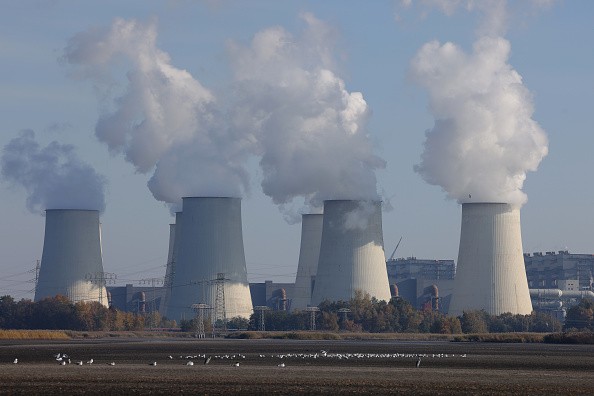Trade partners are troubled by Europe's environmental agenda. Brussels is accused of exploiting the drive for sustainability as an excuse to erect trade barriers against the rest of the globe.

Growing Concerns
Developing countries are concerned that Brussels' efforts to achieve climate neutrality and sustainable food production are creating trade hurdles. To them, the EU can only export regulations impeding their economic development, according to Politico.
For instance, Indonesia has cautioned the EU against attempting to impose its environmental requirements on nations in Southeast Asia. At the EU-ASEAN conference last month, Indonesian President Joko Widodo reminded European leaders that there shouldn't be any compulsion and that there shouldn't be any parties that "always dictate and think that my standards are greater than yours."
Malaysia has threatened to halt the shipment of palm oil to the EU over new regulations intended to combat deforestation, providing yet another stunning illustration of the resentment sparked by the EU's green agenda.
The greatest trade union in the world is about to undergo a significant economic upheaval due to the EU's plans to achieve carbon neutrality by 2050, as reported by the United Nations.
Developing countries are waking up with a hangover from the consequences of the Green Deal now that it is being implemented as natural law.
According to a diplomat from a non-EU nation, Brussels abuses the influence of the EU single market rather than respecting its trade partners' sovereignty.
Also Read : Earth "Still on the Brink of Climate Catastrophe" Despite Multiple International Efforts
Possible Issues
According to Philippe De Baere, managing partner at the law firm Van Bael & Bellis, "We witness a regulatory imperialism by the EU wherein Brussels views itself as an exporter of regulations to third nations - as the legislators of the world."
The so-called "Brussels effect," in which multinational corporations adopt EU regulations as universal norms, is not the case with the Green Deal. According to De Baere, Brussels became "drunk on its success." It began exporting environmental goals to underdeveloped countries "who are economically unable to comply, or if they comply, it is at a tremendous economic cost."
The carbon border tax is the most recent and symbolic step to enrage the EU's trading partners. The concept is that businesses bringing in carbon-intensive goods would need to purchase permits to cover the price difference between their domestic carbon pricing and the price paid by businesses in the EU.
However, Milan Elkerbout of the Centre for European Policy Studies noted a difference between intentions and actual results: "If you're not in the internal logic of the European debate, this would simply appear like the ideal illustration of the EU having a protectionist intention." The carbon border tax is by no means the only policy that will make selling to the largest trade bloc in the world more challenging.
A Similar Outcome
Similar outcomes are probably in store for the EU's campaign to halt deforestation. According to new regulations, it will be prohibited to sell or export some goods made on deforested land.
One ambassador from a third country said that since the EU had already cleared its area of trees, it was simple to adopt a position against deforestation in emerging nations.
In a letter to Commission President Ursula von der Leyen, countries from Latin America, Africa, and Southeast Asia strongly opposed the proposal, calling it "discriminatory and punitive in nature" and claiming that it would cause "trade distortion and diplomatic tensions without benefits to the environment."
Setting an Example
However, NGOs are also pressuring Brussels to set an example. "Europe is one of the main causes of global problems, including environmental, biodiversity, energy, and human rights abuses. Therefore, the European Union and other Northern Hemisphere nations must start passing laws immediately to address these concerns, according to Jill McArdle of the environmental NGO Friends of the Earth.
For similar news, don't forget to follow Nature World News!
© 2025 NatureWorldNews.com All rights reserved. Do not reproduce without permission.





